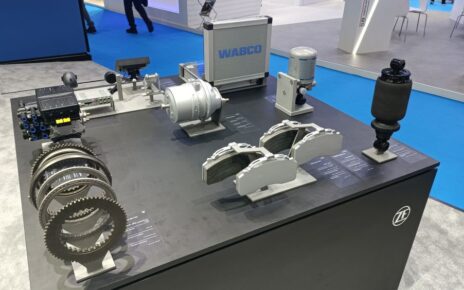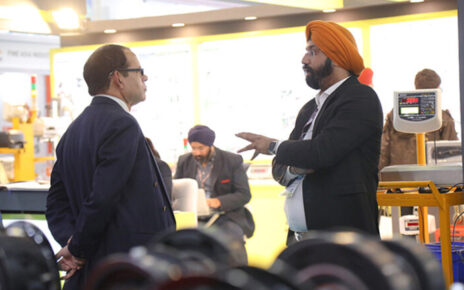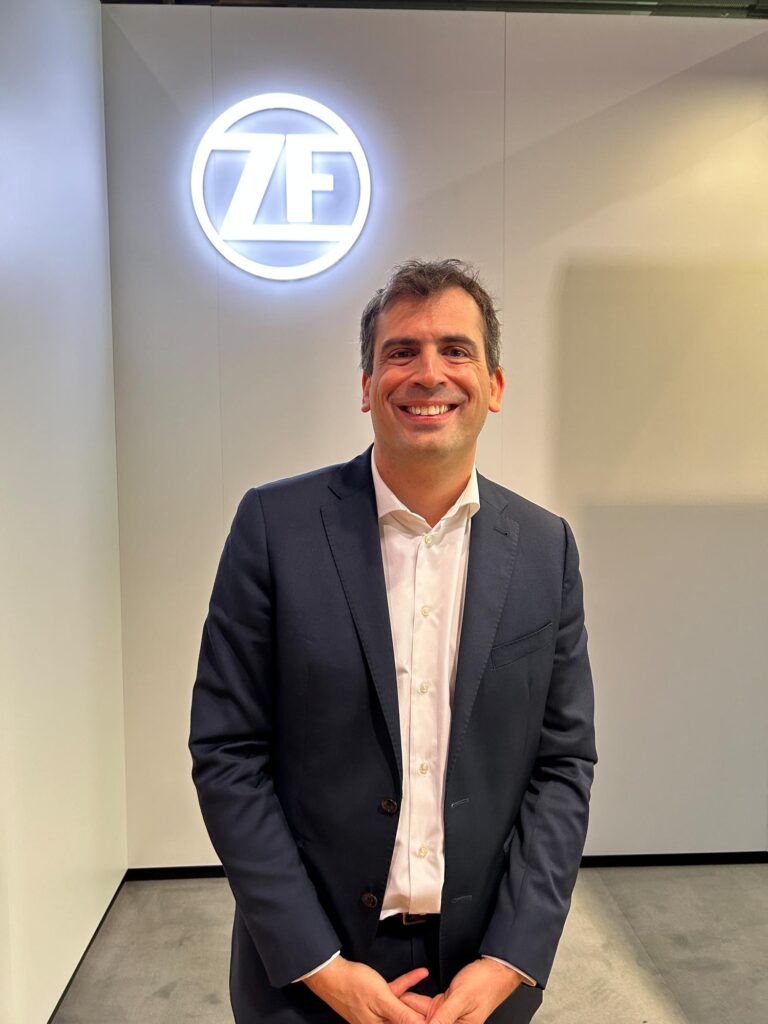
At Automechanika Frankfurt, N. Balasubramanian had the opportunity to speak with Philippe Colpron, Head of ZF Aftermarket and Executive Vice President, ZF Group. With the automotive industry rapidly evolving, Philippe emphasized the critical role of the aftermarket in maintaining uptime and adapting to new technologies. ZF’s comprehensive strategies aim to support workshops and fleets in their pursuit of better mobility solutions.
“The key thing that we do is making the industry realize that all of us play an essential role in keeping the uptime of mobility,” Philippe stated. “Many times, the aftermarket is misunderstood in terms of its role in the transformation of mobility. However, the expectations for improved mobility will continue, and it’s crucial that we collectively invent ways to enhance uptime.”
Philippe used the term “ecosystem” to describe the interconnectivity of roles in the industry. “The value proposition benefits one and the other, creating a circular rather than linear relationship,” he noted. ZF Aftermarket is dedicated to assisting workshops through digital solutions like ZF [pro]Manager and ZF [pro]Diagnostics, enhancing their connections with fleets. He highlighted that as fleets professionalize, there can often be a mismatch between their high service needs and the capabilities of independent aftermarket workshops.
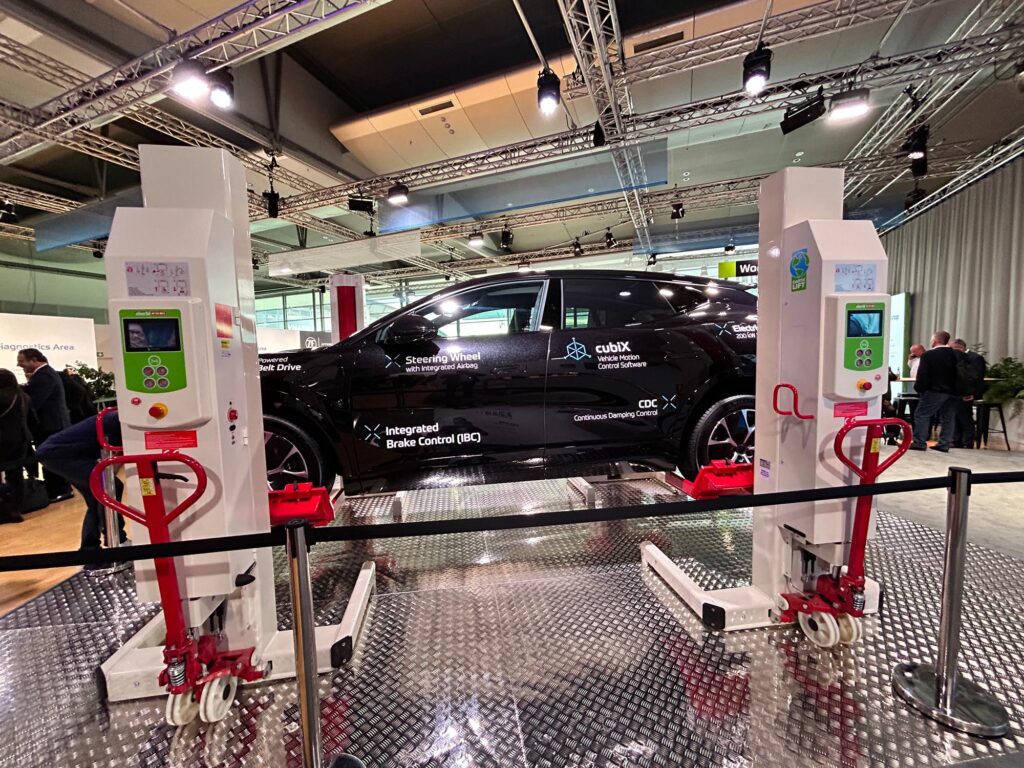
“To address this, we must provide distributors with a full range of technologies while also equipping workshops with the necessary digital solutions to expand their revenue models,” Philippe stated. This holistic approach ensures that both workshops and fleets can thrive in an increasingly complex environment.
Philippe also emphasized the importance of uptime over downtime. “The monetization of today often relates to minimizing downtime. The key to success for distributors and fleets lies in how quickly they can bring vehicles back into operation,” he said. As the industry moves towards more advanced technologies, including Advanced Driver Assistance Systems (ADAS), he noted that “there will be less wear and tear on electrified vehicles, and higher quality parts can lead to longer vehicle lifespans.” This shift requires the aftermarket to adapt its strategies to ensure profitability, even when vehicles are not experiencing downtime.
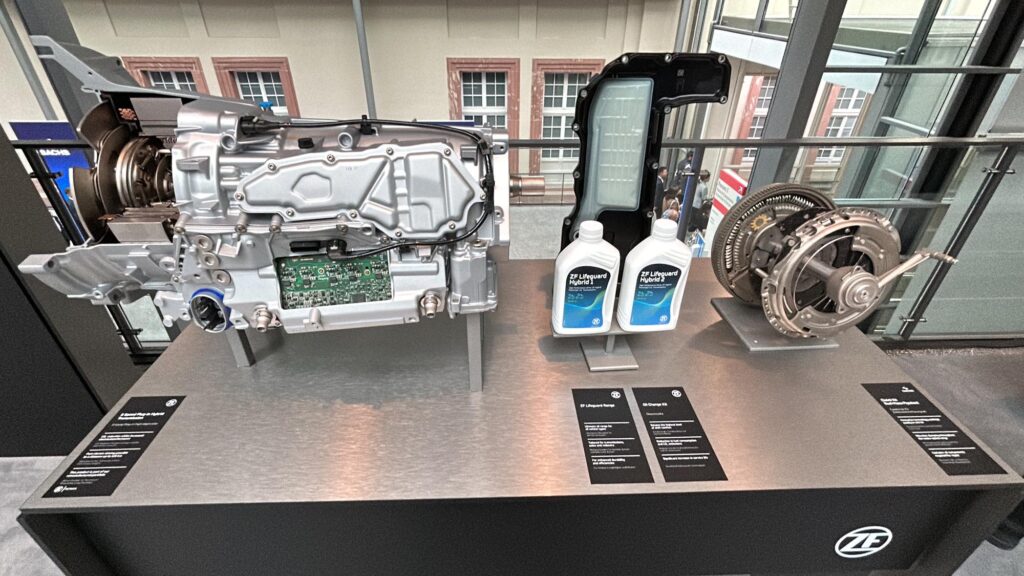
ZF’s clear strategy emphasizes that the aftermarket is a core strength of the company. “Our positioning as a leader in vehicle motion control, chassis solutions for passenger cars, and commercial vehicles is critical,” he explained. “In recent years, we’ve made strategic acquisitions, such as TRW and WABCO, to enhance our portfolio and operational capabilities.”
“By integrating these diverse strengths under one roof, we can leverage our collective expertise,” Philippe continued. This synergy allows ZF to adapt to market demands effectively and ensures that the independent aftermarket remains competitive as the landscape evolves.
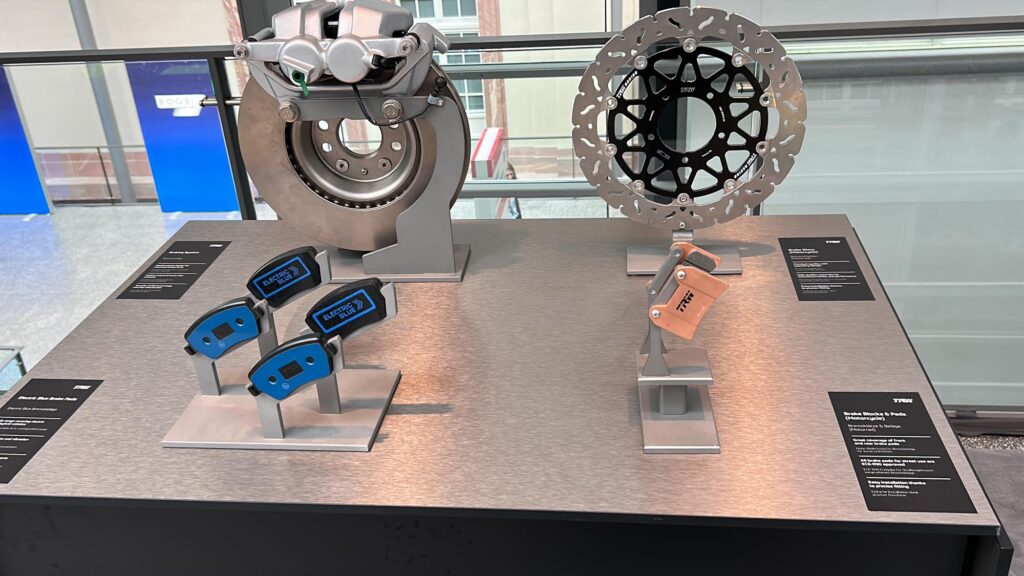
“Different regions face different realities,” he added, noting that ZF’s solutions must be tailored to local markets. “We cannot apply a one-size-fits-all approach; each market requires specific adaptations to succeed.” This is especially true for diagnostics and software, which need to be localized to address the unique challenges of each region.
Philippe pointed out that India’s growing market for connected vehicles presents both challenges and opportunities. “We need to accelerate the professionalization of workshops to better support these advanced vehicles,” he remarked. This includes understanding the infrastructure and service requirements essential for new technologies to thrive.
Reflecting on the industry’s awareness of the aftermarket’s role, Philippe noted, “It’s promising to see a growing understanding from government perspectives that the aftermarket is vital for the acceptance of new technologies.” This recognition is crucial for ensuring that innovations can be successfully integrated into the marketplace.
In discussing ZF’s global presence, Philippe stated, “Being present in various markets allows us to better understand regional needs and anticipate innovations.” He acknowledged that Europe currently leads in terms of revenue due to earlier market entry and higher vehicle content. However, he is optimistic about growth opportunities in emerging markets. “We see significant potential in North America, South America, Asia, India, and Africa,” he stated, indicating a bullish outlook for ZF’s future.
“Looking into the revenues, clearly yes, it’s true that Europe is a heavyweight. We started earlier because of higher content per vehicle, and there’s a realization of the importance of having trusted brands. What does it mean to rely on brands like ZF compared to others? This leaves us with many opportunities everywhere else,” he explained.
In summary, Philippe Colpron’s insights reveal ZF’s commitment to supporting the aftermarket’s evolution amid the ongoing transformation in mobility. “As an industry, we must collaborate and innovate together,” he concluded. “The choices we make in every transaction are what will drive us toward a better future of mobility.”


